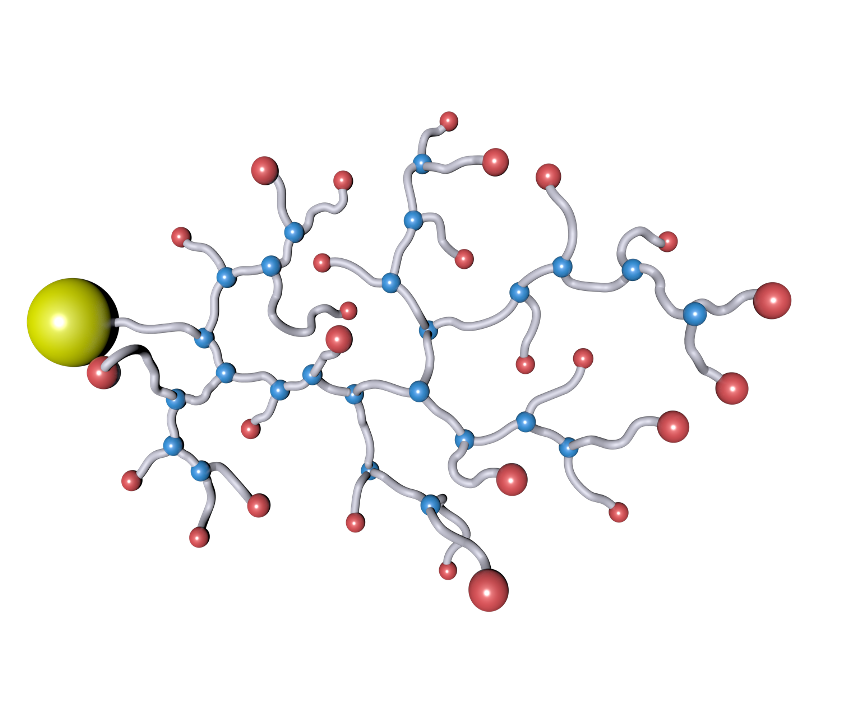Top Uses of Polymers: Enhancing Everyday Products
Top Uses of Polymers: Enhancing Everyday Products
Blog Article
Checking Out the Varied Applications and Advantages of Polymers in Different Industries
Polymers, with their varied range of properties and capabilities, have actually ended up being essential in numerous industries, each reaping one-of-a-kind benefits from their application. From improving safety and performance in the auto field to transforming medical gadgets in the healthcare market, polymers play a critical role.
Automotive Industry Applications
Polymers play a pivotal role in improving the efficiency and longevity of numerous components within the auto market. These versatile products are thoroughly used in the production of different components, ranging from interior parts to under-the-hood applications. One prominent use polymers in the automobile industry remains in the manufacturing of lightweight components. By changing standard metal parts with polymer-based options, automobiles can attain enhanced fuel efficiency without endangering on stamina or safety and security.

Medical Care Market Benefits
In numerous medical care applications, the advantages of using polymers are widely acknowledged for their varied series of advantageous residential or commercial properties. Polymers play a vital duty in the medical care sector as a result of their versatility, biocompatibility, and cost-effectiveness. One of the primary advantages of polymers in healthcare is their ability to be tailored to specific requirements, such as versatility, durability, and biodegradability, making them perfect for a wide variety of clinical applications.
Polymer-based materials are thoroughly used in clinical devices, such as catheters, implants, prosthetics, and drug delivery systems, because of their biocompatibility and capacity to simulate all-natural tissues. These products can minimize the risk of sensitive responses or beings rejected, enhancing person security and results. In addition, polymers are light-weight, making them suitable for wearable clinical gadgets and making certain client convenience.
Furthermore, polymers allow the advancement of innovative therapy methods, such as hydrogels for cells design and nanocomposites for targeted medication delivery. Their ease of processing and sterilization makes them essential for keeping high standards of hygiene in health care settings. In general, the varied advantages of polymers contribute significantly to improvements in medical innovation and patient care.
Ecological Advantages of Polymers

In addition, polymers can add to energy cost savings as a result of their light-weight nature. In sectors such as transport, light-weight polymer materials can help minimize gas consumption and greenhouse gas discharges. Furthermore, polymers can make it possible for the growth of energy-efficient products such click site as insulation products that enhance power conservation in buildings.
Moreover, polymers play a vital function in reducing water contamination. For instance, making use of polymer-based filtration systems can properly get rid of contaminants and contaminants from wastewater, guarding water resources and environments. Generally, the ecological benefits of polymers make them beneficial possessions in promoting sustainability and environment-friendly techniques throughout various industries.
Polymers in Electronic Devices and Innovation
Considering the raising need for cutting-edge and lasting remedies in modern industries, the combination of innovative polymer innovations in the realm of electronic devices and modern technology has become a pivotal approach for driving performance and performance. Polymers have revolutionized the electronic devices industry by enabling the manufacturing of lighter, a lot more flexible, and durable digital devices. From smartphones to medical devices, polymers play an essential duty in boosting item design and performance.
One substantial advantage of polymers in electronics is their shielding properties, which help secure fragile electronic parts from environmental factors and electric interference. Furthermore, polymers are crucial in the development of flexible display screens, wearable modern technology, and published electronic devices, using limitless possibilities for producing wise and interconnected tools.
In addition, using polymers in electronic packaging has actually caused innovations in miniaturization and thermal administration, improving the total efficiency and dependability of digital systems. As innovation remains to evolve, the convenience and adaptability like it of polymers will unquestionably drive further innovation in the electronics industry, forming the future of innovation.
Role of Polymers in Construction and Facilities
The integration of sophisticated polymer materials in building and construction and framework tasks has actually changed the way structures are created and constructed in modern-day times. Polymers use various advantages in the building and construction sector as a result of their flexibility, durability, and cost-effectiveness. One key duty of polymers in construction is their use in finishes and sealants, providing protection against environmental factors such as wetness, UV radiation, and corrosion. Additionally, polymers are utilized in the production of lightweight and high-strength composite products, boosting the structural integrity of structures while reducing total weight.
Furthermore, polymers play a crucial role in try this out sustainable construction practices by enabling the development of energy-efficient structures. Protecting products made from polymers assist manage interior temperature levels, reducing the need for home heating and cooling systems and ultimately lowering power intake. The use of polymer-based compounds in infrastructure jobs such as bridges and roadways enhances their longevity and decreases upkeep costs. Generally, the unification of polymers in building and framework showcases their considerable effect on modern engineering methods.
Verdict
Finally, polymers play a vital role in different sectors such as auto, medical care, ecological, electronic devices, and construction. Their flexible homes make them useful in producing ingenious remedies and items. From enhancing gas effectiveness in vehicles to boosting medical devices, polymers supply many benefits. Additionally, their influence on minimizing waste and advertising sustainability highlights their value in modern-day applications. The extensive use polymers shows their significant contribution to advancing innovation and enhancing lifestyle.
Report this page